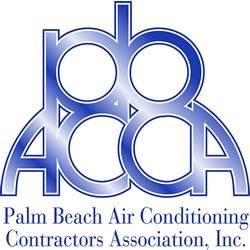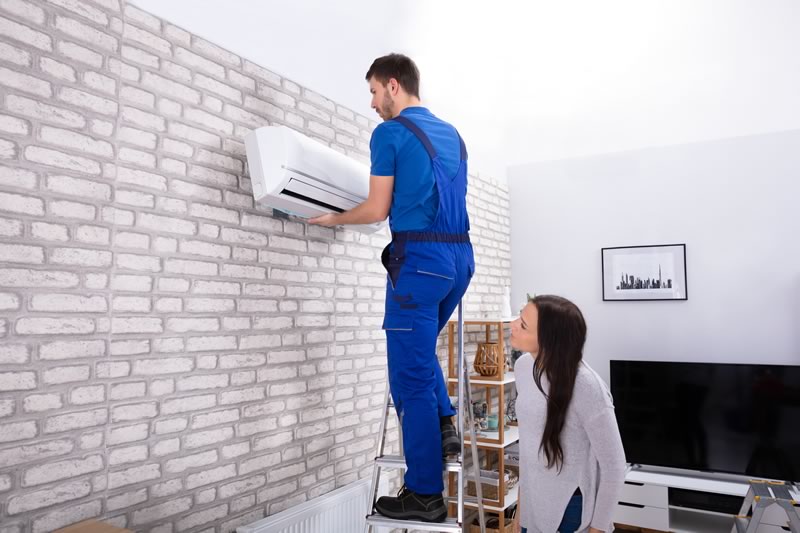Most people take for granted the comfort provided by their central air conditioner, heat pump or furnace until something goes wrong and the unit needs to be serviced or replaced. When this happens it’s important to contact a quality heating, ventilation, air conditioning and refrigeration (HVACR) Contractor who is knowledgeable, skilled and qualified to do the job.
The HVACR industry is highly technical and can be frightening to those that know nothing about how the equipment works in their home. It’s important that consumers are as educated about the product they are buying or having serviced. The first step is to understand what is required of the contractor that is being called – required by the local jurisdiction, state, and industry.
In insure satisfaction, the following are questions that should be asked of a prospective HVACR contractor:
-
Check local licenses and for proof of insurance. Florida requires all contractors to be licensed. Don’t just take their verbal word – ask to see a copy of the license (at the minimum ask for the license number.) Also, check insurance forms for liability and workers’ compensation insurance.
-
Check Credentials. Before making your selection, call the Better Business Bureau to make sure the dealer is reputable. Also, find out if the contractor is a member of the local or national association such as the Palm Beach Air Conditioning Contractors Association, Inc.
-
Ask for references. Former customers are an excellent source of information. Also, ask to see installation photos. A contractor that is proud of his work will be more than happy to show it to you.
-
Are your technicians CFC certified? Chlorofluorocarbons (CFCs) and hydrochlorofluorocarbons (HCFCs), used as air conditioning and heat pump refrigerant, have been linked to the destruction of the earth’s ozone layer. A quality contractor won’t release refrigerant into the atmosphere. They will be certain that any technicians working with refrigerant will have a certification mandated by EPA showing that he/she is trained and certified in the proper techniques for recovering, recycling, reclaiming and disposing of used refrigerant – ask to see a copy of the certification card (it needs to say EPA approved program)
-
Get a written proposal. To make a fair comparison, make sure the proposals you receive are all based on the same efficiency and equipment. You’ll also want to evaluate each contractor’s personal business standards and policies. For example, will he remove old equipment? Will he relocate equipment if you want your new system installed in a different location? What are his clean up and care policies during installation? How will be handle emergency repairs? These are just a few of the additional elements a good proposal will include.
-
Expect an on-site evaluation of your home. A good contractor will take a thorough look at your home, ask questions and evaluate your overall comfort needs before making a recommendation. Beware of a contractor that simply takes information over the phone. A good contractor will also look the part. While he/she is evaluating your home, you should be evaluating him/her. Not only should he/she dress professionally, but the company truck and printed materials should look professional as well.
-
Don’t be afraid to ask questions. Ask for details about the firm’s experience and the expertise of its staff. This is particularly important if you’re also adding and hanging ductwork – in this case, experience is definitely a factor in getting the job done correctly. Installation is just as important as equipment type in order to maintain maximum energy efficiency and equipment longevity
-
Inquire about equipment and labor warranties. Limited warranties vary according to the manufacturer, so make sure you fully understand what you’re getting. Also, don’t forget to inquire about manufacturer’s extended warranties at the time of purchase and other warranties provided by the contractor.
-
Ask about preventive maintenance service contracts. Many contractors offer service contracts that call for periodic maintenance of equipment, and if needed, repairs. The fee for such contracts is usually well worth it in terms of obtaining optimum efficiency and performance for your system.
-
Finally, insist on a written contract. Commit your agreement to writing and have the contractor sign it.
(Information provided by Palm Beach Air Conditioning Contractors Association, Inc. (PBACCA) 561-585-3880)

